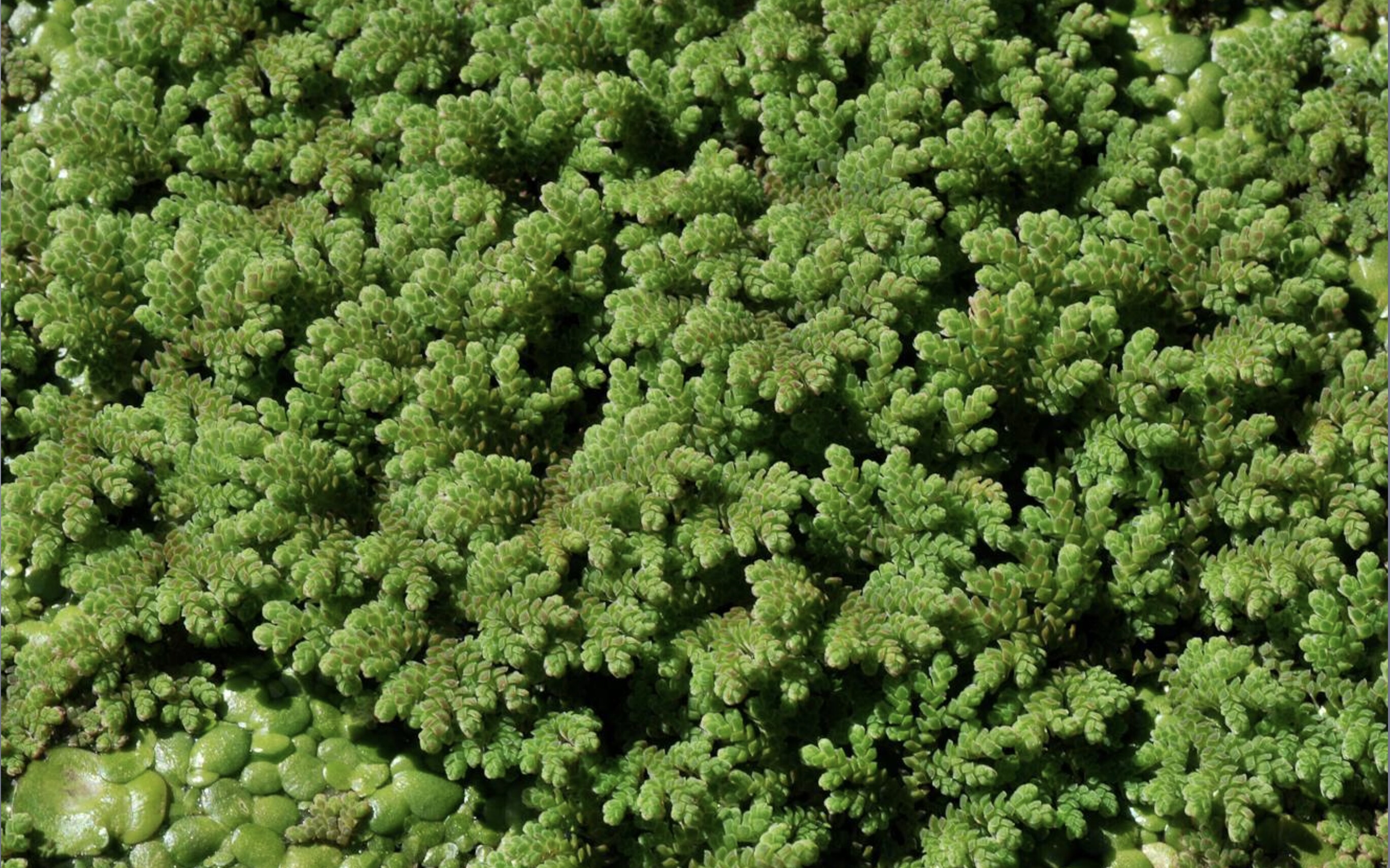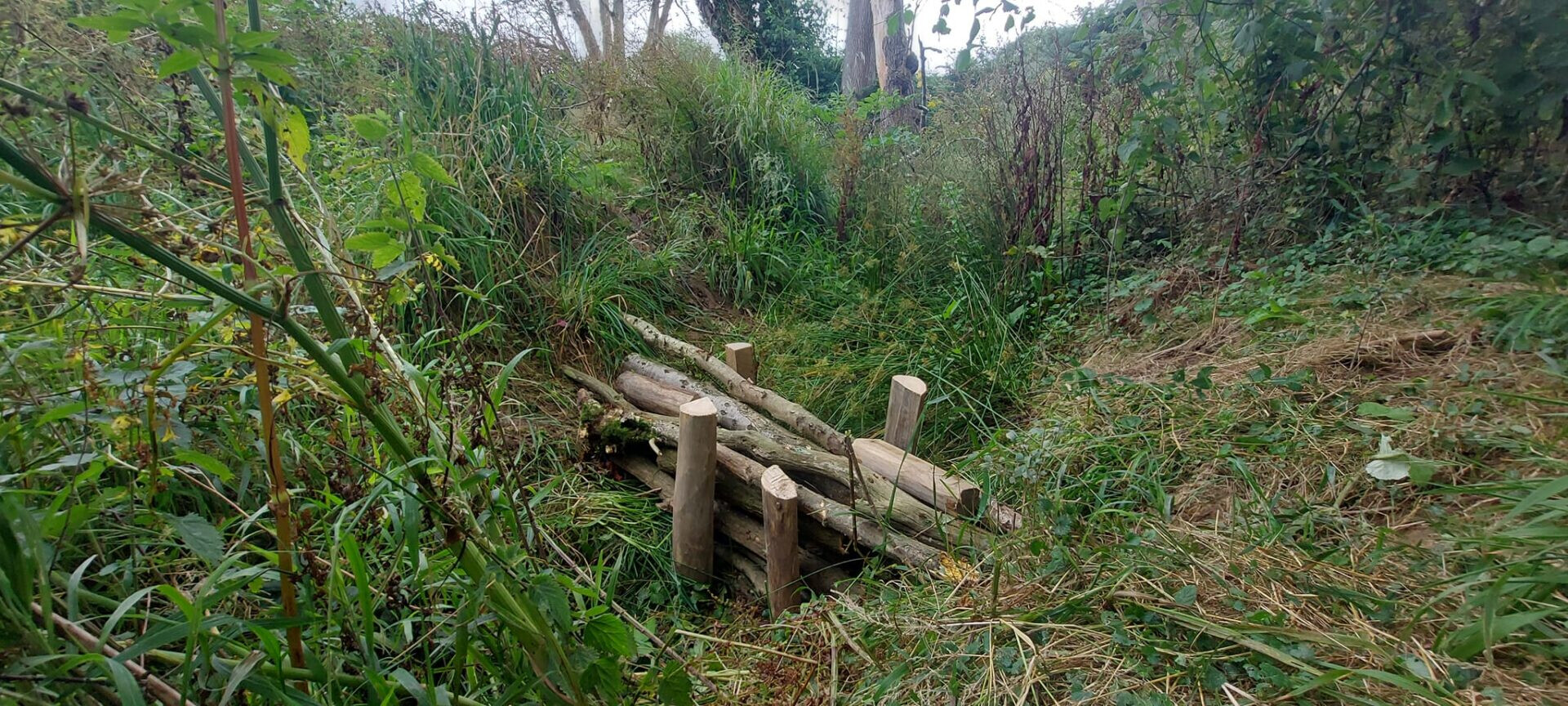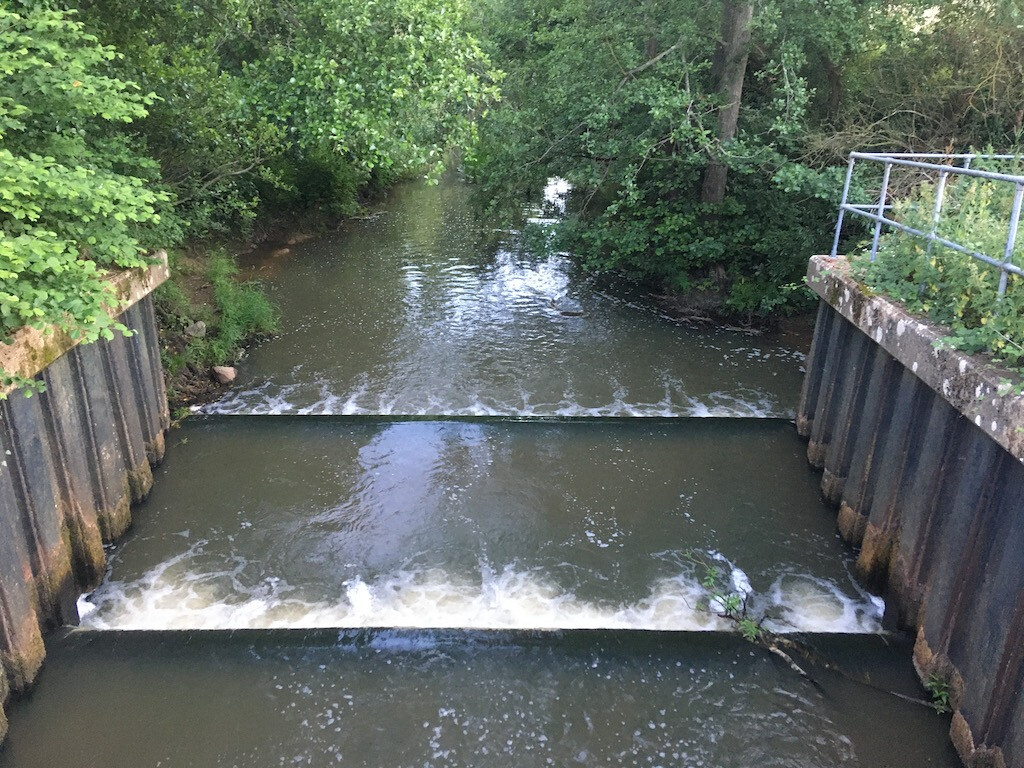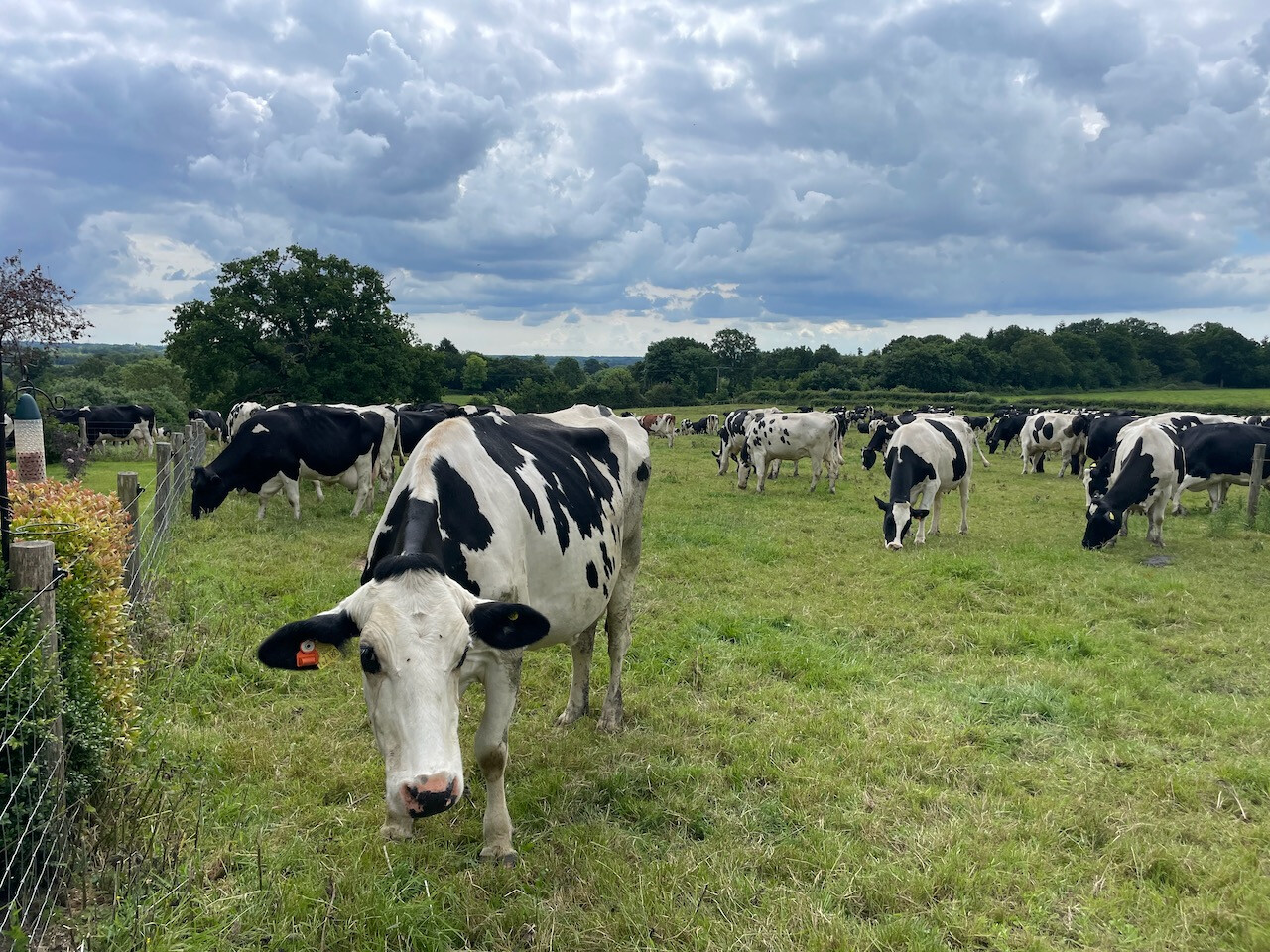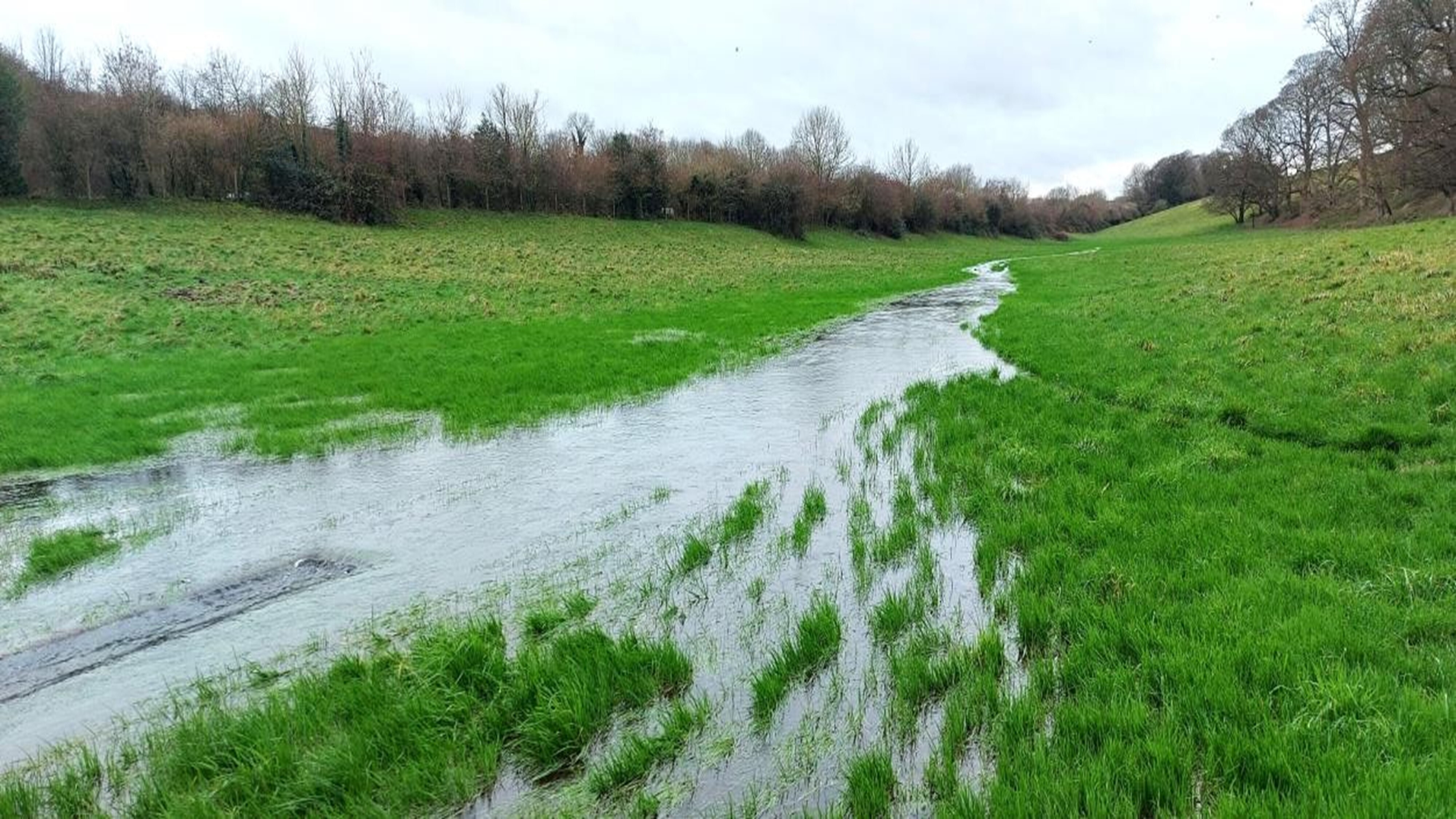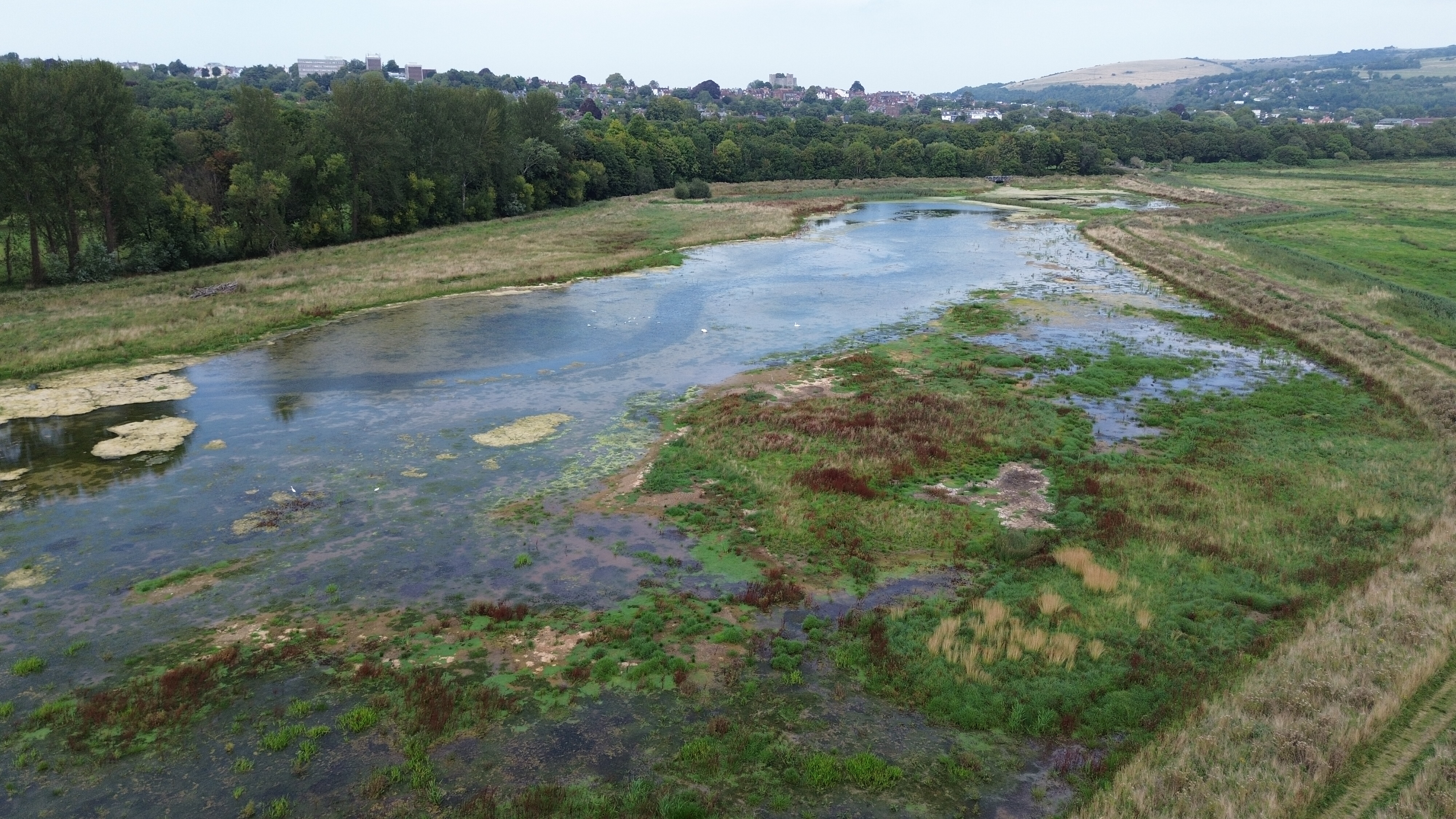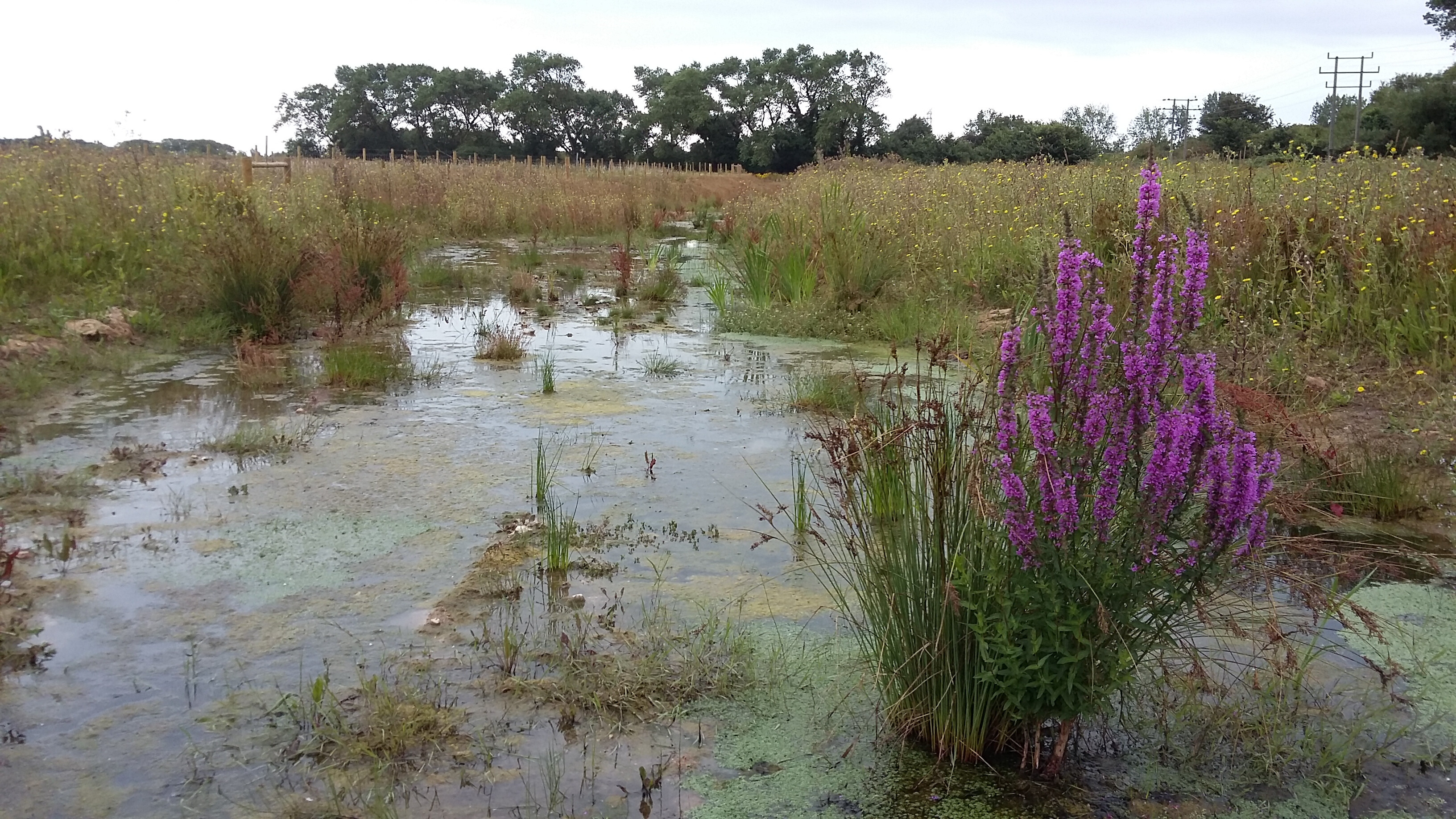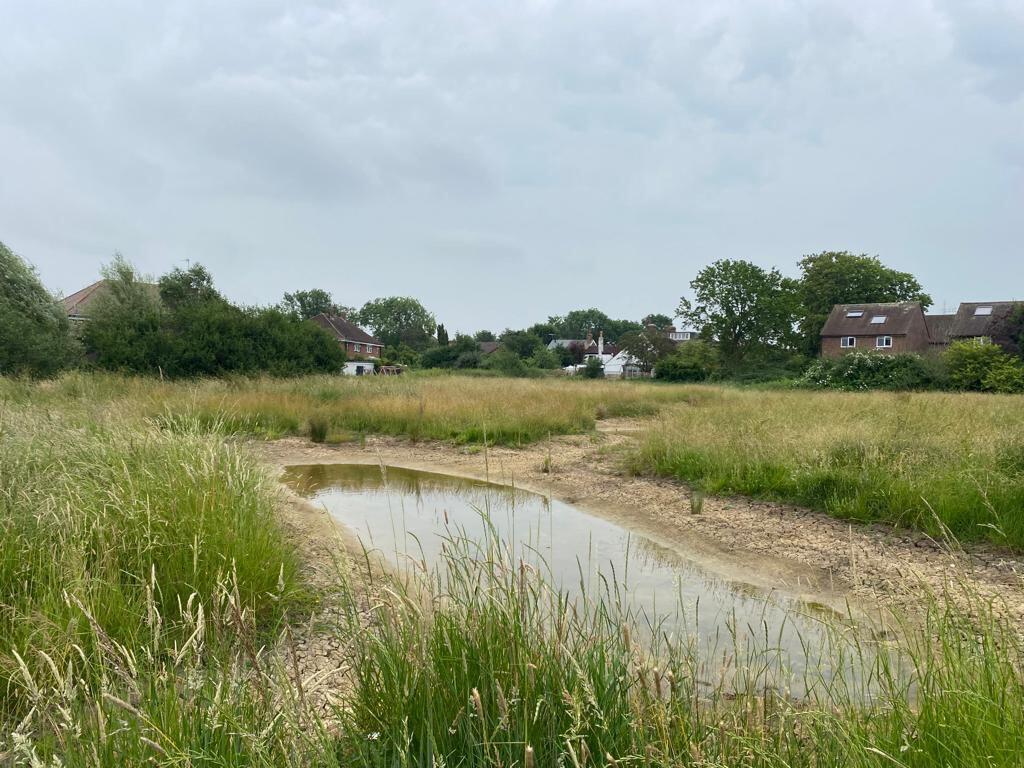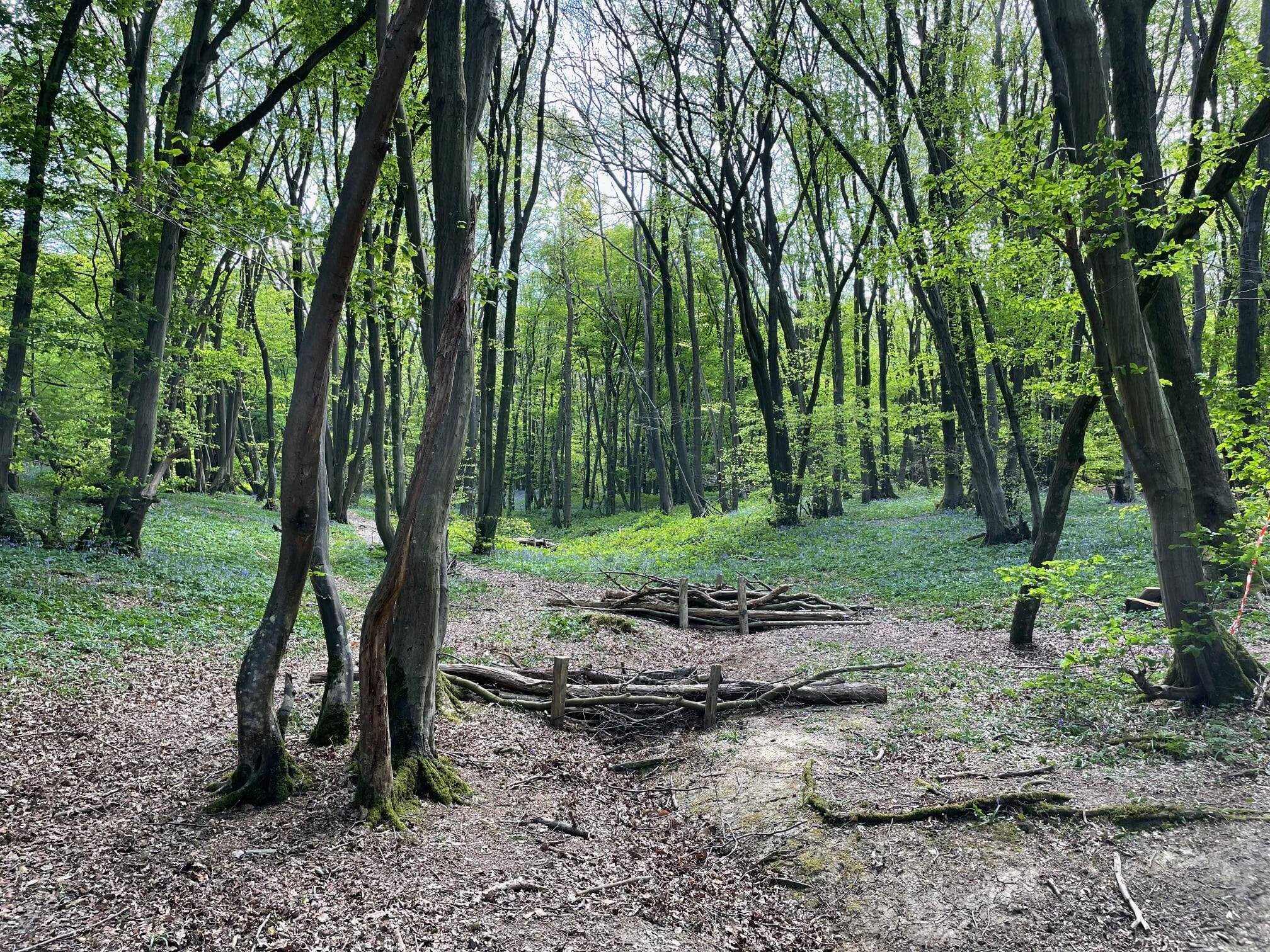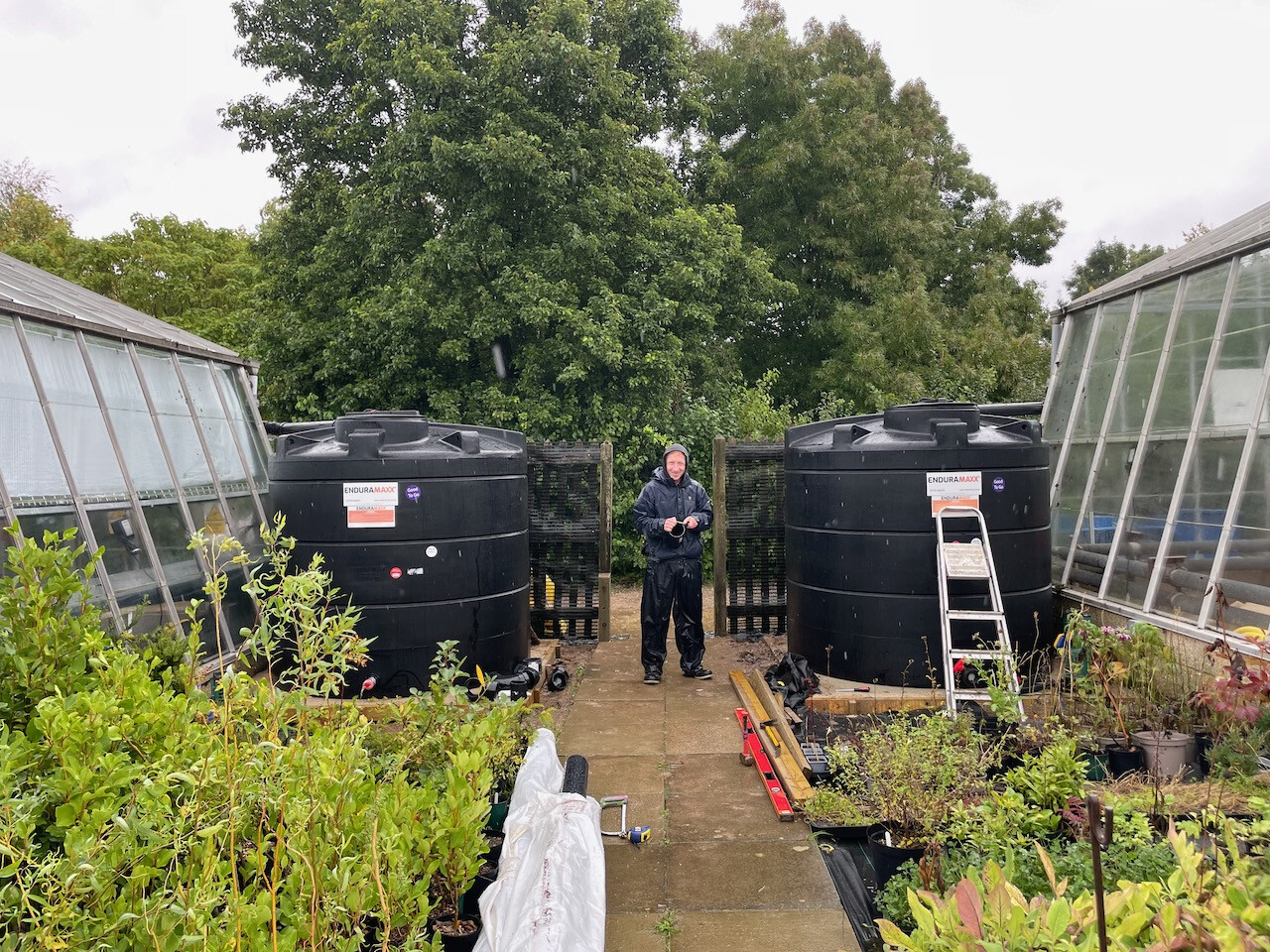Our Vision
Our vision is a rich and diverse water environment which supports a range of wildlife and inspires individuals and communities to protect and enhance their local river systems.
Our Approach
Here we set out our core workstreams until 2030.
Chalk Waters
Restoring Sussex’s unique chalk water habitats by enhancing water quality, protecting groundwater, and collaborating on long-term projects to conserve these vital ecosystems for future resilience.
Breaking Barriers
Restoring natural river flow and ecological health by removing or modifying redundant barriers, opening 100km of river network to all species by 2028.
Community Connections
Engaging communities, schools, and local groups to foster meaningful connections and promote citizen science, education, and conservation activities for healthier rivers and ecosystems.
Floods, Drought & Climate
Building climate resilience in waterways by increasing catchment hydrology knowledge, implementing nature-based flood and drought management solutions, and promoting sustainable water practices to protect rural and urban areas for future generations.
Habitat, Land & Wildlife
Collaborating with farmers, landowners, and partners to enhance landscape health by creating wetlands, controlling invasive species, and balancing ecological and agricultural needs for thriving rivers and farmlands.
Water Quality
Improving water quality by reducing pollution through monitoring, collaboration with communities and businesses, and implementing nature-based solutions to ensure healthier rivers and resilient ecosystems.
State of Our Rivers
Latest data from our monthly checkups across the River Uck
| Ammonia Levels |
|
| Phosphate Levels |
|
| Nitrate Levels |
|


